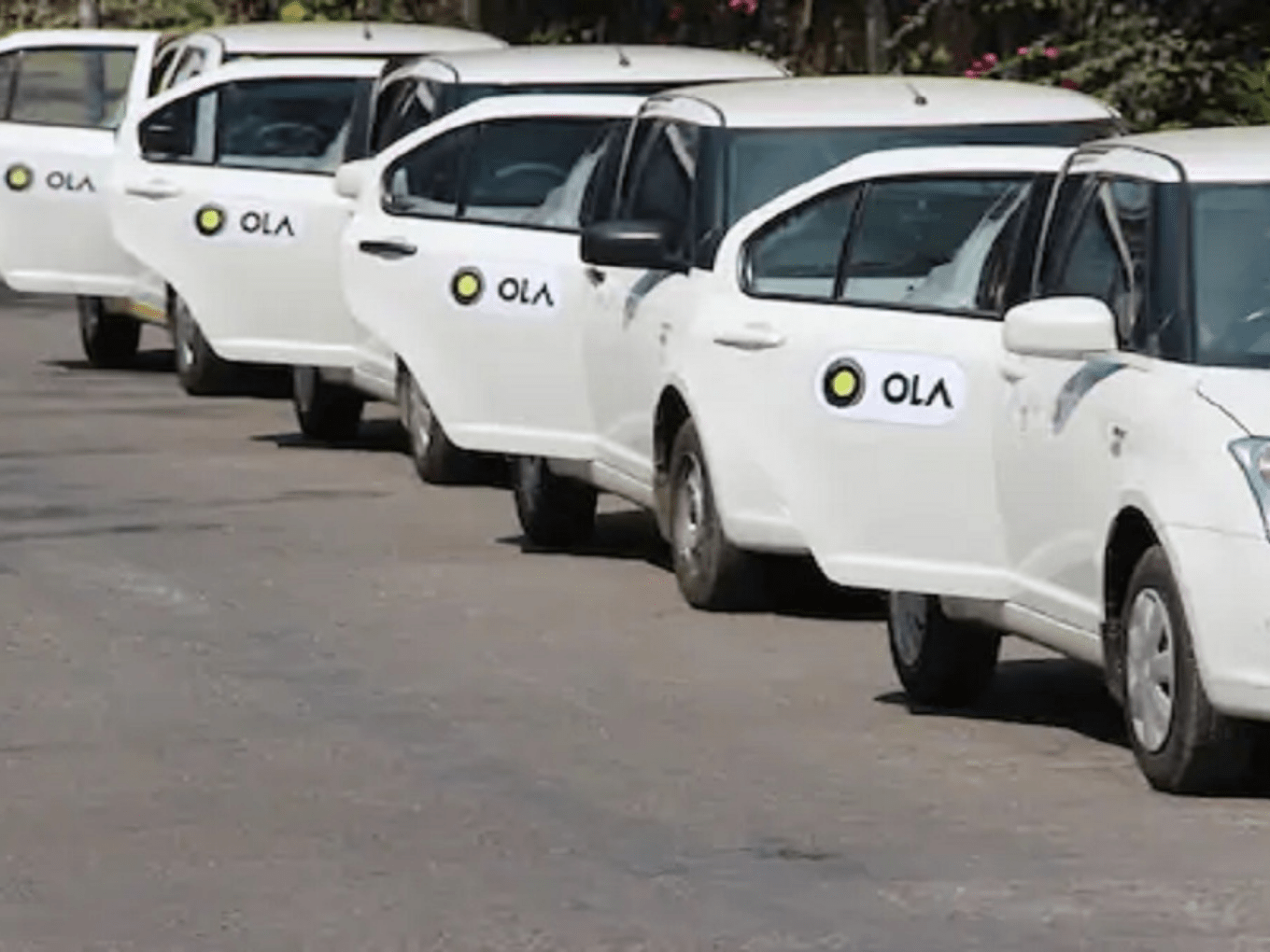
SUMMARY
The company is also allocating an additional INR 400 crores worth of stocks to employees in the run up to its IPO
In June, 2021, Singapore government’s investment fund Temasek and Plum Wood Investment Ltd, an affiliate of Warburg Pincus, partnered up with Ola founder Bhavish Aggarwal for a $500 Mn investment
Ola’s electric vehicle division, Ola Electric, is readying to launch its electric scooter in India by the end of this month
IPO-bound startup Ola announced today its plans to expand its employee stock options (ESOP) pool to INR 3000 Cr. The company is also allocating an additional INR 400 crores worth of stocks to employees in the run up to its IPO. The allocation rewards Ola’s high impact employees and will lead to long term wealth creation for them.
“Our expanded ESOP programme, along with the fresh stock allocation of INR 400 Cr, enables our key talent to participate in the long-term wealth creation opportunities generated by their innovations and the impact they create,” said Bhavish Aggarwal, founder, Ola, adding that it will also reinforce a sense of ownership among employees and align their growth with that of the company’s.
As per the company, over the last several months, it has seen a strong recovery in its ride-hailing business as customers look for safer ways to move. In fact, India’s entire mobility sector, comprising ride-hailing giants Ola and Uber among others, had been on a path to recovery since June last year, as Covid restrictions were eased across the country and demand began to pick up again. From 113 Mn rides in January 2020, the sector recovered 69% of its pre-Covid volume or 78 Mn rides in March 2021. The recovery would have continued, if not for the second wave of the Covid-19 pandemic which hit India in April, 2021 and has forced several states to again impose weeks-long lockdowns and curfews.
At the beginning of the second wave, it was reported that ride-hailing giants Ola and Uber had lost around 30,000-35,000 vehicles from their fleets since September last year, according to multiple people close to both companies as well as sources working in the automobile industry. The primary reason for the attrition was the inability of drivers to repay their monthly installments for the vehicles purchased on auto loans.
This decision of Ola to expand its ESOP pool comes approximately two months after Singapore government’s investment fund Temasek and Plum Wood Investment Ltd, an affiliate of Warburg Pincus, partnered up with Ola founder Bhavish Aggarwal for a $500 Mn investment.
Additionally, Ola’s latest field of interest has been the EV market. Ola’s electric vehicle division, Ola Electric, is readying to launch its electric scooter in India by the end of this month. The company’s electric scooters will be priced at around INR 90,000-INR 95,000 per unit. Ola will compete with the likes of Bajaj Auto, Hero Motocorp-backed Ather Energy and TVS with its electric two-wheelers as it looks to sell these vehicles directly to buyers as well as use them in shared mobility.
Apart from Ola, some of the companies in India, which have reaped huge benefits from ESOPs, include Flipkart, Udaan, Grofers, Zerodha, FirstCry, BharatPe, Urban Company, Messho, Razorpay and Moglix while global giants like Amazon, Alibaba and Facebook have done the same. Recently even higher education platform UpGrad and supply chain platform Locus had announced their ESOP liquidity event.


























